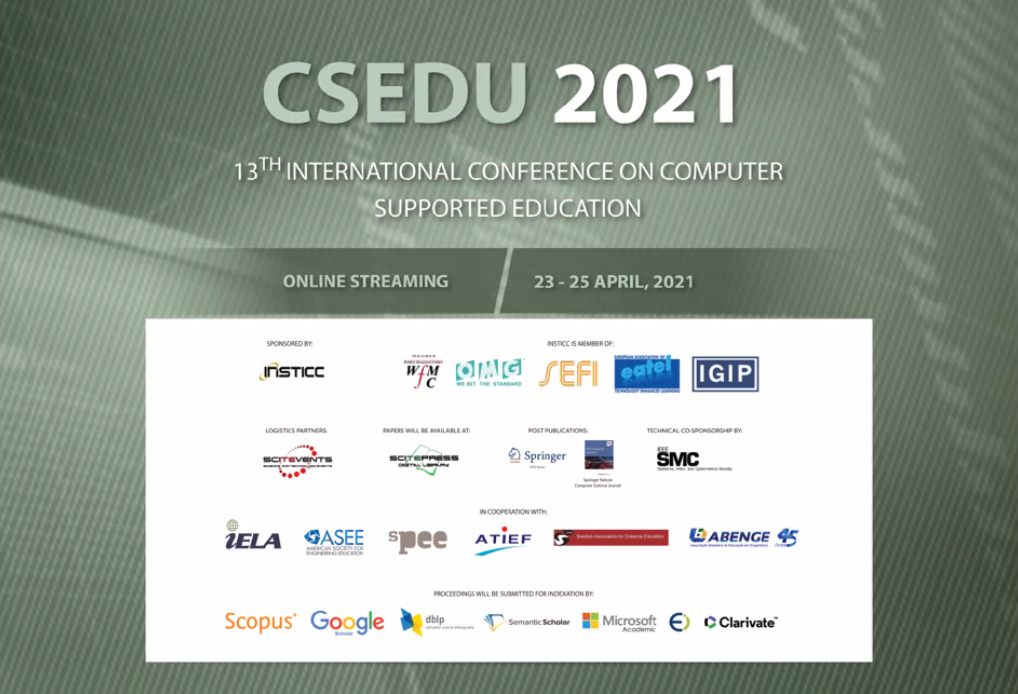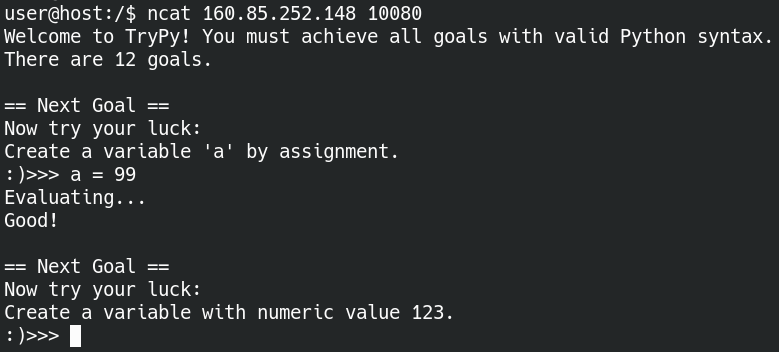Zurich University of Applied Sciences is a campus-based university with high quality presence education in bachelor, master and continuous education programmes. There are situations in which no presence is possible – most recently involuntarily invoked by the COVID situation – where smart digital solutions help with educational procedures in online or hybrid teaching modalities. Additionally, there are also situations in which such solutions might be helpful as a general complement to all teaching modalities including presence. Eventually, the goal is to ensure highly qualified alumni to boost the local economy and to fill the pipeline of next-generation researchers. A lot of the public debate has been on lectures alone. In this blog post, recent progress on digitally supported labs and examination is being summarised, demonstrating that Zurich University of Applied Sciences is also active on the solution side with novel science-based tool, service and solution designs. We are looking forward to colleagues from other institutions to discuss and advance these solutions further with us.
Digital learning games
We have recently designed TryPy, an educational game in which students answer simple questions related to the syntax and semantics of the Python programming language. As they do so, they progress through the levels. Being an online service, we will occasionally extend it with more questions, and thus students remain motivated to play it again and again to sharpen their skills. The currently implemented questions range from simple assignments (a = 10) to more complex Lambda function formulation (lambda x: x ** 2). The questions can be consecutive or connected through other means so that student answers from that point will influence answers to later questions. The service can be used anonymously so that students do not have to worry about failing.
Cyber-physical programming labs
Two years ago we broadly introduced robotic device programming across the engineering curriculums. During the pandemic, obviously not every student can take robots home, and they also cannot visit the robots on campus. We have thus introduced a remote programming solution called EPOSS that works as bidirectional feedback loop. Students send instructions and see how the robot moves and reacts so that they can tune and debug their applications accordingly. The implementation is specific to EV3 robots but conceptually other devices can be plugged in as well. Some basic functionality of the robot can also be simulated, leading to a flexible environment in which cyber-physical scenarios can be realised.
Invididualisation in exams
We have read about cheating cases in written exams across universities world-wide and thought of a clever solution to reduce the cheating by inherently reducing the potential to cheat in the first place. This is a certain upfront effort to come up with appropriate tools that will pay off in the long term by filtering out unfit engineers from the job market, especially considering the increasing employment of engineers in safety-critical jobs. Students will get individualised exams, but examiners will also get individualised reference solutions that are programmatically generated from the same input in order to cut down the correction and grading effort. We have released a first prototypical implementation of a fully programmable individualisation concept called FIPE.
Future progress
The approaches on cloud-facilitated device programming and exam individualisations were discussed at the CSEDU 2021 conference. With conventional proctoring solutions being a detriment to student privacy while at the same time allowing for circumvention and often not being more than a placebo (thanks to U Twente in NL for that cue), it appears that individualisation might have a role in future digitally conducted exams in general, both online and in presence (e.g. BYOD programming exams on campus).

The cyber-physical programming could be considered a first step towards generic digital twinning environments with applicability to industrial needs, for instance, sharing complex machine functionality, in part within a simulation or twin and in part for real, between teams across the world.
The quiz game is already deployed online. Want to give it a try? Use a TCP client (e.g. telnet, ncat, putty) and connect to host 160.85.252.148 / port 10080. Can you make it to the boss level? We are now looking forward to look at the conjunction of gamification and examination. Will future assessments be based on games? How can we best train our future workforce, the GenZ, to prepare them for the environments they will likely perform in (thanks to Oulu U for another cue)?
